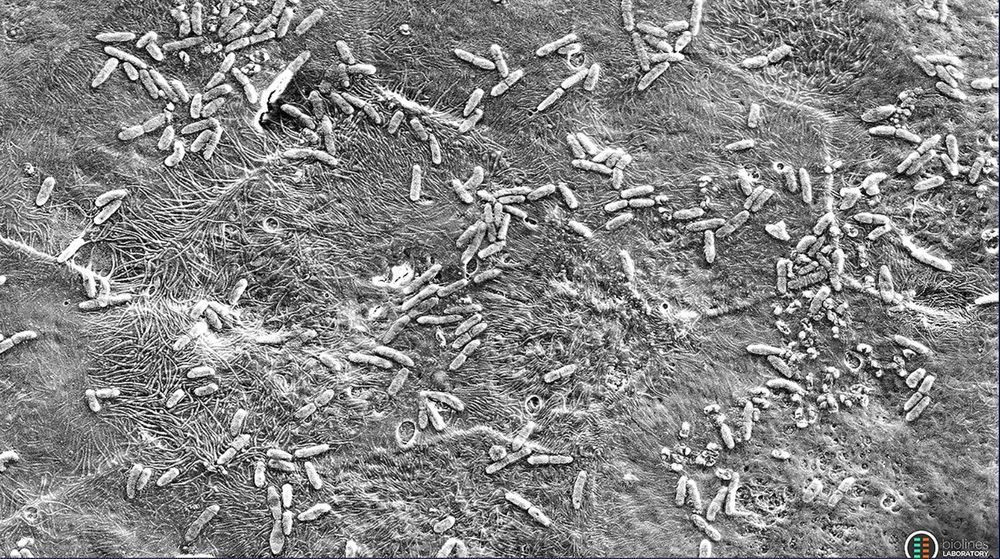On April 25, a SpaceX Falcon 9 rocket will launch cargo to the space station and two organs-on-a-chip experiments designed by University of Pennsylvania scientists. They want to understand why so many astronauts get infections while in space. NASA has reported that 15 of the 29 Apollo astronauts had bacterial or viral infections. Between 1989 and 1999, more than 26 space shuttle astronauts had infections.
Huh and his team have created two separate experiments for this first launch. The first essentially mimics an infection inside a human airway, to see what happens to the bacteria, and the surrounding cells, in orbit. Huh’s BIOLines lab created the actual chips.
A lung chip is made of a polymer, and a permeable membrane is the platform for the human cells. For the lung-on-a-chip, one side of the membrane is coated with lung cells, to process the air, and capillary cells on the other, to provide the blood flow. The membrane is stretched and released to provide the bellows-like effect of real lungs.
